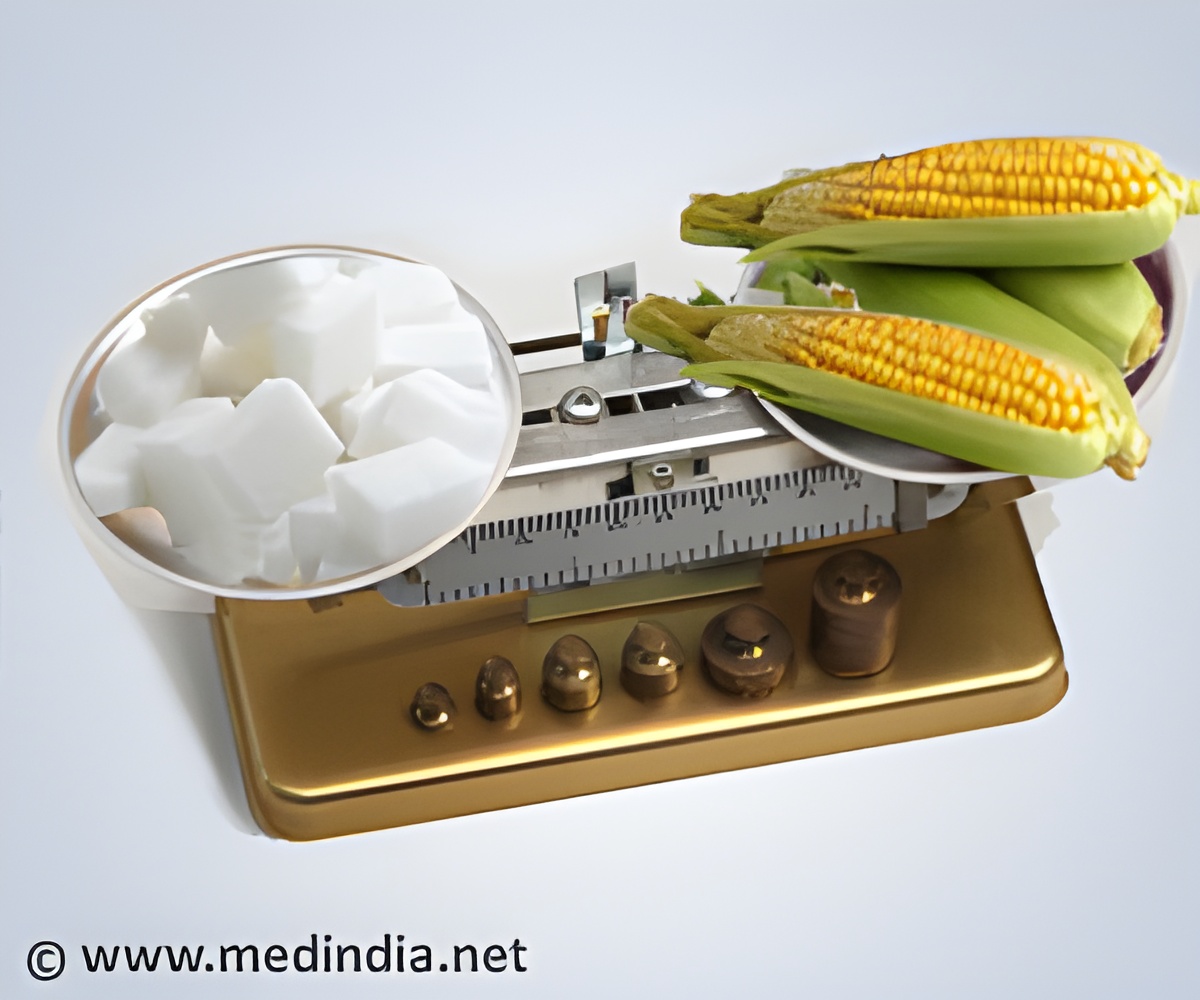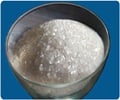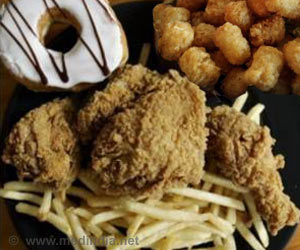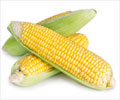In a recent study conducted by researchers at the University of Utah, corn syrup was found to be more toxic to female mice than table sugar.

When the researchers fed sugar in doses proportional to what many people eat to the mice used for the experiment, about 25 percent of corn syrup, it was found that the mice died at the rate of 1.87 times higher than female mice on a diet in which 25 percent of calories came from sucrose. Though, the fructose and glucose level found in both corn syrup and sucrose are roughly the same, in the case of corn syrup, they are present separate molecules known as monosaccharide. But, sucrose is a disaccharide compound, formed when fructose and glucose bond chemically.
Also, according to the research, the mice on the corn syrup diet produced 26.4 percent fewer offspring than their counterparts on the diet containing added table sugar. Mr. Potts further added that male mice given either corn syrup or sucrose diets showed no differences in lifespan or reproduction for reasons that were not immediately clear. He added that it is possible that both forms of sugar may be bad for male mice.
Mr. Potts added that the results gathered through the study suggests that humans, especially women, could face adverse health effects due to too much corn syrup in their diet, mainly in the form of many processed food products available today. The study also states that about 13 to 25 percent of Americans are estimated to eat diets containing 25 percent or more of calories from added sugars.
The study, however, was not well received by the Corn Refiners Association in the U.S., which said the research lacked scientific merit and also the effects of corn syrup have been misrepresented by the researchers. In a statement, the association said that, “The physiological and psychological differences between humans and rodents are so diverse that you simply cannot compare the two when determining the health impact of any food or ingredient.”
Source-Medindia












